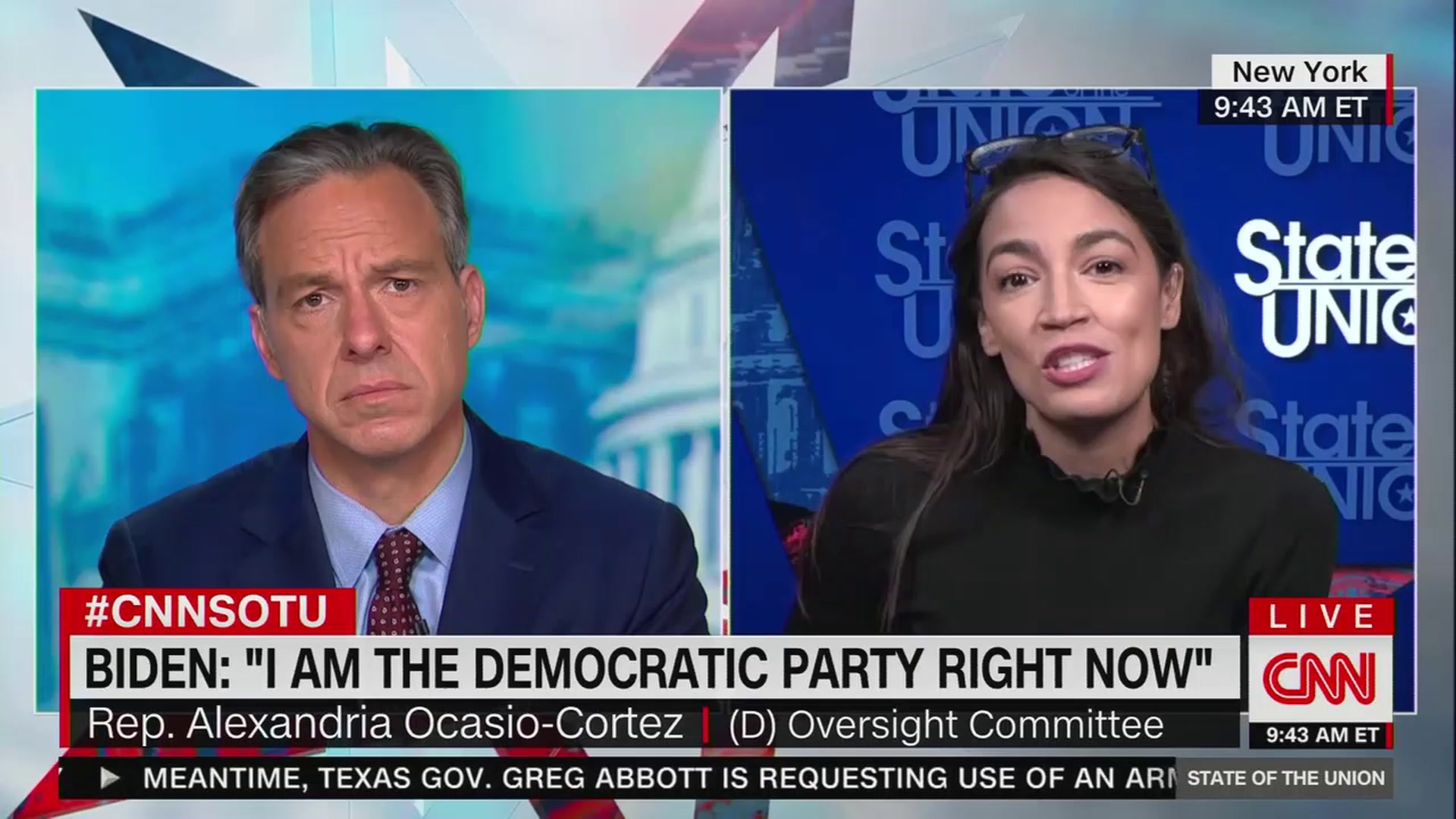An Israeli cabinet meeting exploded into a shouting match today after Prime Minister Benjamin Netanyahu attempted to install a loyalist as justice minister despite the attorney general’s determination that such a move was illegal.
Why it matters: Netanyahu is on trial for bribery, fraud and breach of trust, and his mandate to form Israel's next government will expire in six days. As his position grows more vulnerable, his critics are accusing him of attempting to subvert Israeli democracy.
The big picture: Israel has held four consecutive inconclusive elections over two years amid a prolonged political crisis caused largely by Netanyahu's trial and his attempts to block it.
The backstory: Under the previous coalition agreement, the justice minister must be a member of the Blue and White Party, led by Benny Gantz. That agreement remains valid until a new government is formed.
- Gantz himself served as interim justice minister until that appointment expired last month.
- Netanyahu initially ignored a legal opinion from Attorney General Avichai Mandelblit that the post must be filled for COVID-related decisions.
Driving the news: After the supreme court ruled that the government had to hold a vote to appoint a new minister, Netanyahu convened the cabinet on Tuesday.
- He and his fellow Likud party ministers blocked Gantz's reappointment. Then Netanyahu announced his intention to appoint Ofir Akunis, a minister from his own party.
- Between the lines: That's a violation of the coalition agreement, which gives Gantz a veto over appointments and is enshrined in Israeli law.
- When Mandelblit interjected to tell the ministers that the move was illegal, Netanyahu cut him off and put the proposal up for a vote anyways.
After shouting and allegations from Gantz and Netanyahu, Gantz's party boycotted the vote, and all the Likud ministers voted in favor.
- The meeting then became more chaotic still, with Mandelblit insisting that Akunis' appointment was null and void.
After the meeting, the attorney general made his position clear to the supreme court, which is expected to convene to discuss the matter on Tuesday evening.
- In another unprecedented move, Netanyahu asked that his position be represented before the supreme court not by the attorney general but by a private attorney. He also asked the court for 48 hours to reach understandings with Gantz on the issue.
What they're saying: Opposition leader Yair Lapid, who is trying to form an alternative government to oust Netanyahu, said the events prove “Netanyahu must go."
- Gideon Sa'ar, Netanyahu’s right-wing rival and also part of the attempts to form an alternative government, said the “delusional saga in the cabinet meeting proves there is an urgent need to replace the government."
- Naftali Bennett, the potential kingmaker who has negotiated with both Netanyahu and Lapid on forming a government, didn’t attack Netanyahu but said “Israel is on the brink of anarchy and a functioning government must be formed."
What’s next: The negotiations between Lapid, Bennett and Sa'ar are ongoing but still with no breakthrough. The talks will continue with hopes of reaching a deal by May 2, when Netanyahu’s mandate expires.
- Netanyahu will try and use the time he has left to drive wedges between Lapid and Bennett and create divisions within Bennett’s party, including by offering his allies positions within Likud.





